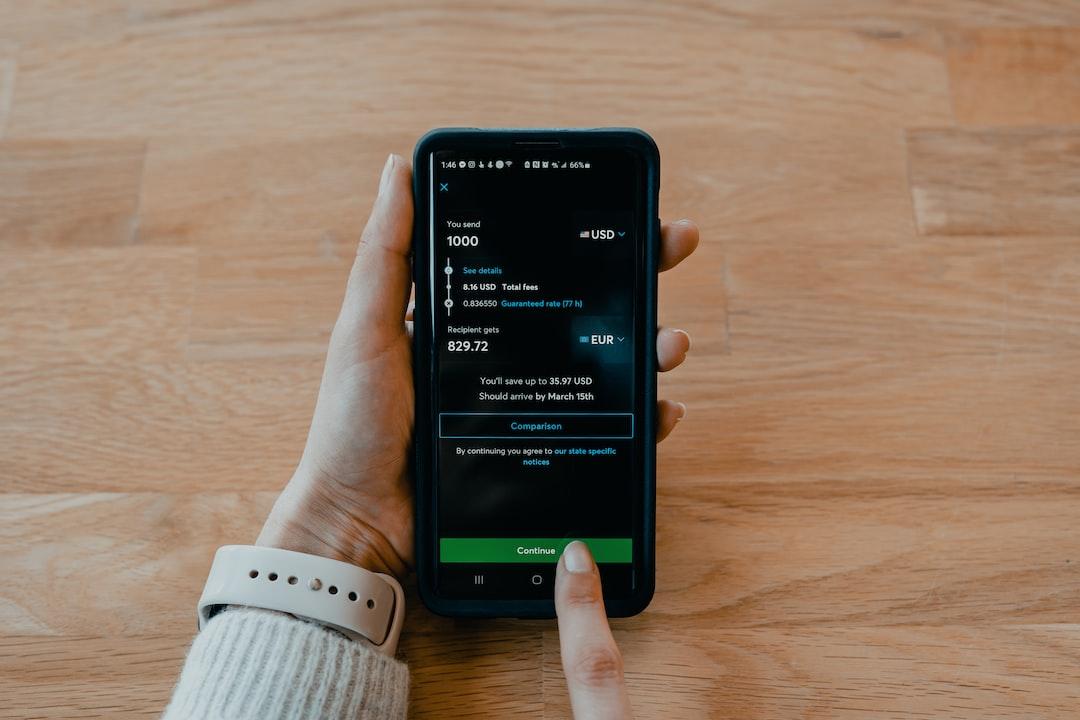Interested in learning about Bitcoin ATMs? Discover electronic kiosks that enable you to buy or sell Bitcoin and other cryptocurrencies.
Bitcoin (BTC) has been gaining popularity and mainstream acceptance, particularly since the U.S. Securities and Exchange Commission (SEC) approved spot Bitcoin exchange-traded funds (ETFs) on Jan. 10. This move expanded access to Bitcoin’s price movements without the need to own the cryptocurrency, ultimately boosting its value and credibility as an investment option.
The focus now shifts to enhancing the usability of Bitcoin for everyone. Enter Bitcoin ATMs, machines where you can independently purchase or sell Bitcoin, as well as other popular digital currencies.
In this comprehensive guide, we delve into the workings of Bitcoin ATMs, their types, how to locate them, and the process of purchasing Bitcoin at an ATM.
What is a Bitcoin ATM?
A Bitcoin ATM, also known as a Bitcoin teller machine (BTM) or crypto ATM, is an electronic kiosk that allows users to deposit cash in exchange for Bitcoin or other cryptocurrencies. These machines typically include a scanner, cash dispenser, and internet connection to facilitate transactions. Selling Bitcoin at these ATMs involves exchanging your cryptocurrency for fiat currency with the ATM operator.
How does a Bitcoin ATM work?
While Bitcoin kiosks may resemble traditional ATMs, they operate differently to facilitate communication between various components, including users, operators, and the wider cryptocurrency network. These machines utilize a verification system to meet regulatory standards, verifying users through ID scanning or SMS verification codes. Additionally, BTMs connect to your crypto wallet, enabling transactions by scanning a QR code from your mobile wallet app or using a paper wallet provided by the machine. Transactions are processed at current market rates through a cryptocurrency exchange, involving the buying or selling of cryptocurrencies. Security measures such as encryption, secure internet connections, and compliance with AML and KYC regulations are implemented to ensure transaction safety.
Types of Bitcoin ATMs
Bitcoin ATMs are categorized into one-way (unidirectional) and two-way (bidirectional) machines. One-way ATMs support either buying or selling of crypto, while two-way ATMs enable both transactions. Unidirectional ATMs are simpler to use and offer anonymity, while bidirectional ATMs provide broader services. Each type has its advantages and limitations, with one-way ATMs being more accessible to beginners and bidirectional ATMs offering direct conversion of digital assets into cash.
How to use a Bitcoin ATM
To buy Bitcoin at an ATM, you need a crypto wallet to securely store your purchased cryptocurrency. You can use a hardware wallet, install an app on your device, or create a paper wallet at the ATM. Buying Bitcoin involves entering the desired amount, verifying your identity, providing your crypto wallet address, and making the payment. Selling Bitcoin at an ATM follows a similar process, requiring you to select the “Sell BTC” option, enter the amount of crypto to sell, confirm your identity, and send the crypto to the generated address to receive cash.
Where to find a Bitcoin ATM
Bitcoin ATMs are available worldwide, with online tools like Bitcoin.com’s ATM map, Digital Mint, and Coin ATM Radar helping users locate nearby machines. These platforms provide updated information on the locations of crypto ATMs, allowing users to search by address, city, or state to find the nearest Bitcoin kiosks.
Bitcoin ATM Fees
Bitcoin ATM transactions incur exchange fees paid to the ATM operator for converting cash to Bitcoin, as well as network fees for crypto transfers between wallets. Exchange fees typically range from 10% to 23%, with additional network fees ranging from $1 to $3.
Are Bitcoin ATMs legal?
Bitcoin ATM machines are legal in most regions, with regulations varying by jurisdiction. In the U.S., operators must register as money services businesses and implement AML and KYC measures. State regulations may require money transmitter licenses and compliance with consumer protection laws. International laws governing crypto dispensers may differ, with countries like the U.K. enforcing regulatory measures through agencies like the Financial Conduct Authority (FCA).
Bitcoin ATMs offer a convenient way to engage with cryptocurrencies and are becoming increasingly accessible worldwide. Explore the diverse options available and seize the opportunity to step into the world of digital assets.

